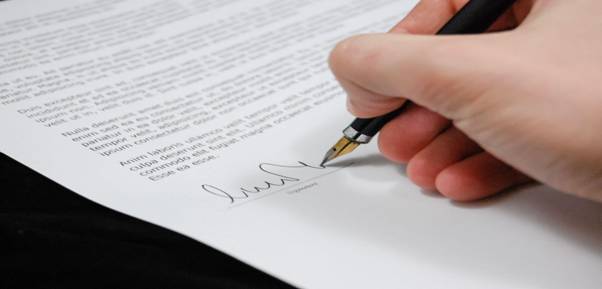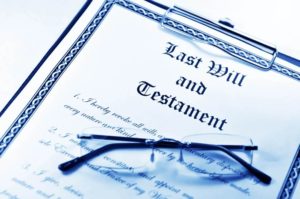
If you are reading this, then chances are that you have begun to think about your future and what will happen if something were to happen. While we hope that nothing does happen, we all need to be prepared for when it does. A will is a legal document that sets out how you want your property and assets divided up after death or if you become mentally incapacitated. Does this article cover everything from why do I need a will now? To who should make my will? And where can I find an online will form?
What is a Will?
A will sets out what you want your property and assets divided up after death or if you become mentally incapacitated. It may be that, like many people, the thought of such things happening scares you away from thinking about it all together but this can lead to more problems in the long run. There are so many reasons for wanting to create a will – children who might not know how they should divide their inheritance; siblings with wildly different lifestyles fighting over money when someone dies suddenly; parents looking after disabled grandchildren – whatever your situation there is something here which will help you decide.
A will is a document that determines how you want your property and assets to be distributed after death. A will can also designate a will lawyer or an executor of the estate, who oversees the distribution of your assets according to directions in the will. Without a valid will, state law dictates what happens when you die–and it may not be what you would have wanted.
It’s important for any adult living alone to have some sort of estate plan in place–including having wills drawn up and updated periodically. You may also want to consider drawing up Powers of Attorney documents or hiring will lawyers in Sydney if you need someone else to make decisions on your behalf when you’re unavailable due to illness or injury.” If there are children involved, their wishes must be considered.
The executor
The person named as executor has “the power” (also called “legal authority”) to settle all legal problems from disputes over wills or other matters relating to estates. It’s important for people with any sort of inheritance coming their way–especially if there are children involved–to know about this before they do something like giving away significant possessions without understanding the consequences.
The executor is the one who collects and organizes your assets after death, pays off any debts you owe, settles disputes among beneficiaries (like children), and distributes what’s left to those people or organizations named in your will.
- A will can help ensure that a person’s final wishes are followed concerning how their property should be distributed among heirs–if there are no other instructions from that person before they died.
- It also ensures that someone has legal authority over all of these decisions if the individual dies without having made an advance directive for health care decision making at some point during his life.”
There are two types of wills: codicil and testamentary.
A codicil is a document that adds, changes, or removes provisions from an existing will. The term “testamentary” refers to the portion of a will that deals with property distribution and names executors after death. Anyone can write this, but should always include at least two witnesses who are not beneficiaries under the will.
The person named as executor has “the power” (also called “legal authority”) to settle all legal problems from disputes over wills or other matters relating to estates. It’s important for people with any sort of inheritance coming their way–especially if there are children involved–to know about this before they do something like giving away significant possessions without understanding the consequences.
A will can help ensure that a person’s final wishes are followed about how their property should be distributed among heirs–if there are no other instructions from that person before they died.
It also ensures that someone has legal authority over all of these decisions if the individual dies without having made an advance directive for health care decision-making at some point during his life.








